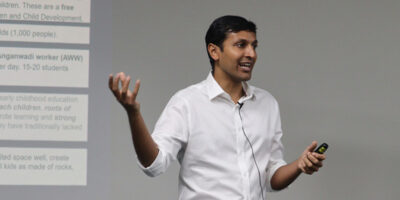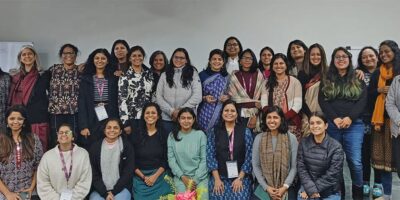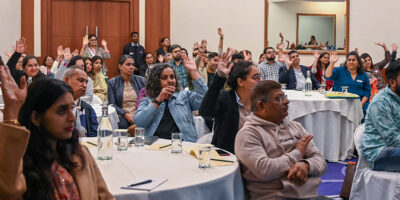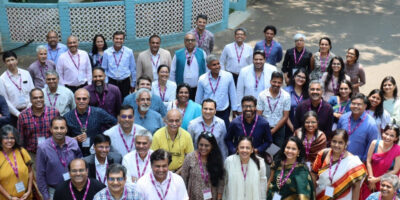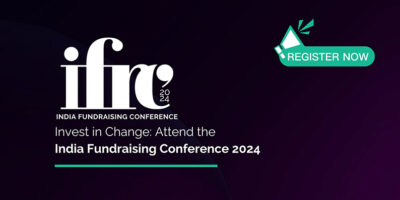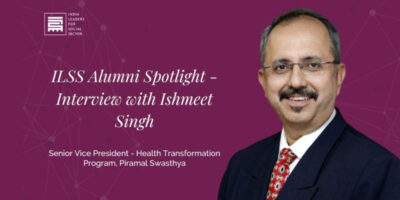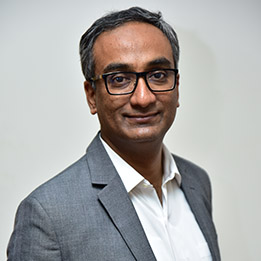



Date : Dec 26 , 2019 | Opinion
As we prepare to step into the 2020s, we asked leaders from the social sector to tell us what they would count as the most critical shifts in the development discourse over the last 10 years. And what conversations they would like to see more of in the next decade.

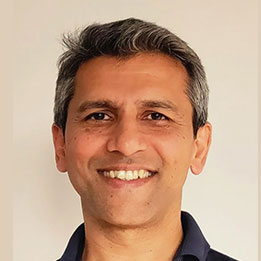
Looking back: I would like to pick the following as the key shifts in the Indian development sector in the last 10 years:
Looking ahead: Over the next 10 years, here is what I would like to see:

Looking back: I believe there were three important things that happened in the sector in the last decade:
Looking ahead: I hope we focus on the following, going into the 2020s:
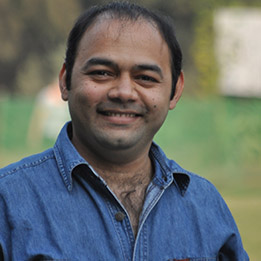
Looking back: One positive trend I have seen in the last decade is the increase in formal opportunities for people to move to the development/social sector which provides them a context about what they are getting into and thereby helps them take an informed decision.
Looking ahead: There are two things I would like to see over the next 10 years:
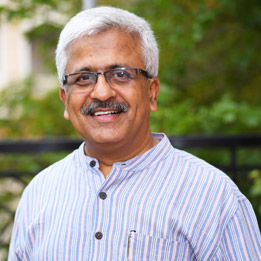
Looking back: One strong trend is the pressure on civil society organisations to perform. There has been an enormous need for organisations to become effective and efficient, both in the way we mobilise resources and the way we deploy them. Compliance and accountability requirements have grown considerably.
In order to become more efficient and effective, organisations in the social sector have started experimenting with technology and automation as well as with concepts such as systems thinking and design thinking. The sector has started getting access to more talent from the corporate sector, which did not previously engage with the social sector–this has brought in skills and knowledge that the sector can put to good use.
Lastly, we have seen a shift from being output driven to being more focused on outcomes.
Looking ahead: My hope is that the civil society sector disappears and enables the emergence of a new sector. The social sector emerged in response to the inability of governments and the private sector to solve social problems. Civil society organisations have been traditionally donation-dependent, with many of us over the last 20 years creating a model that combines donations with revenue generation to yield social benefit. But I don’t think even this is sustainable.
I’m looking at a fourth sector which will deliver social benefit exclusively through earnings rather than by donation. If you look at the narrative around the world, the current economic order is failing: for-profit behaviour has taken away everything that can be sustainable. Civil society alone cannot solve the world’s problems today. We have to metamorphose into a new economic order where we move from ‘for-profit’ to ‘for-benefit’. We need a new sector which draws the DNA from the government sector, the efficiencies of the corporate sector and the social conviction and commitment of the civil society sector. It will look at revenue generation not as evil but as necessary to ensure benefit to all stakeholders. Whether we like it or not, we will have to move towards this.
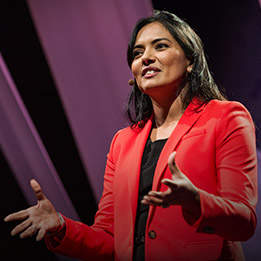
Looking back: The three positive shifts that I have seen in the development sector are:
Looking ahead: I think the biggest shift I would like to see is development becoming core to our being as individuals, communities and corporates. Equitable growth, equal opportunity, sustainable climate and environment should not be topics that we address on the side but should become core to how we live and how we take decisions every minute/every day. For corporates this means not thinking about development as CSR but thinking about how to maximise societal impact through core business. For individuals and communities, this means deep and constant self-reflection on our actions and choices and making fundamental changes therein to have positive impact on everything and everyone around us, thus constantly building a world that all of humanity wants to live in.
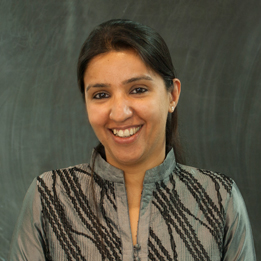
Looking back: The last ten years saw three important shifts in the Indian development sector:
Looking ahead: Collaboration and system ownership is something I would really like to see more of. NGOs collectively coming together to build and offer an integrated solution (versus competing for mind space in transactional manner), that is designed with a transition/ handover plan, so that it can be adopted by the system for the new business as usual practice of how work is done by the system.
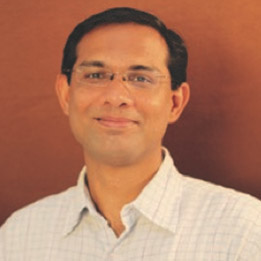
Looking back: The most important positive development over the past decade has in my view been the gradual but definitive opening up of governments to partnering, resulting in a coming together of sorts, of government, civil society, philanthropy and business to a much greater degree than before. Twenty first century challenges require a partnering approach to problem solving, particularly in India where state capacities will only be built over the long-term.
Looking ahead: The development sector is presently smitten by linear problem solving, of carefully picking the problem that may be relatively easier to solve in the near term rather than solving for the system which in turn can solve the problem. This system is democracy, not just at the central and state levels, but more importantly at the local neighbourhood level. I would therefore like to see organisations in the development sector close ranks and strengthen democracy and citizenship at the grassroots.
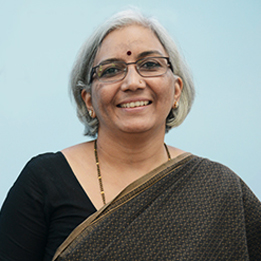
Looking back: I consider the following as some of the most critical trends in the social sector in the last decade:
Looking ahead: I would like to see the development discourse in the 2020s to focus on the following:
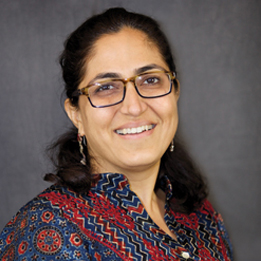
Looking back: I can identify three positive shifts in the last decade:
Looking ahead: Over the next 10 years, I would like to see a conversation on the matter of scale: what are the opportunities and limits of scale? Can we achieve deep impact and large scale? How? What kind of models respect and encourage diversity?
I would also like to have more conversations on how those with economic privilege could be sensitised and more involved in development efforts. And, in education, I would like more focus on building the ability of teachers and students to fully live our rights while respecting the rights of others.

Looking back: Three eco-political shifts took place in the social sector in the last decade:
Looking ahead: One hopes the above sporadic processes will be hard-coded and intelligible models of scale will emerge; the state and the social sector will converge to create models of operational excellence.
The One Big Thing that I expect to see in the coming decade is Tech-for-Good. Technology in the last decade did some lip service to the bottom of the pyramid, but didn’t arrive as a game-changer, which I would imagine the next decade will fuel with a deeper engagement between social dollars and thinker-implementers.
Date : Jul 4 , 2024
Date : Jun 27 , 2024
Date : Jun 15 , 2024
Date : Apr 5 , 2024
Date : Mar 28 , 2024
Date : Jan 25 , 2024
Date : Mar 22 , 2023
Date : Mar 15 , 2022



